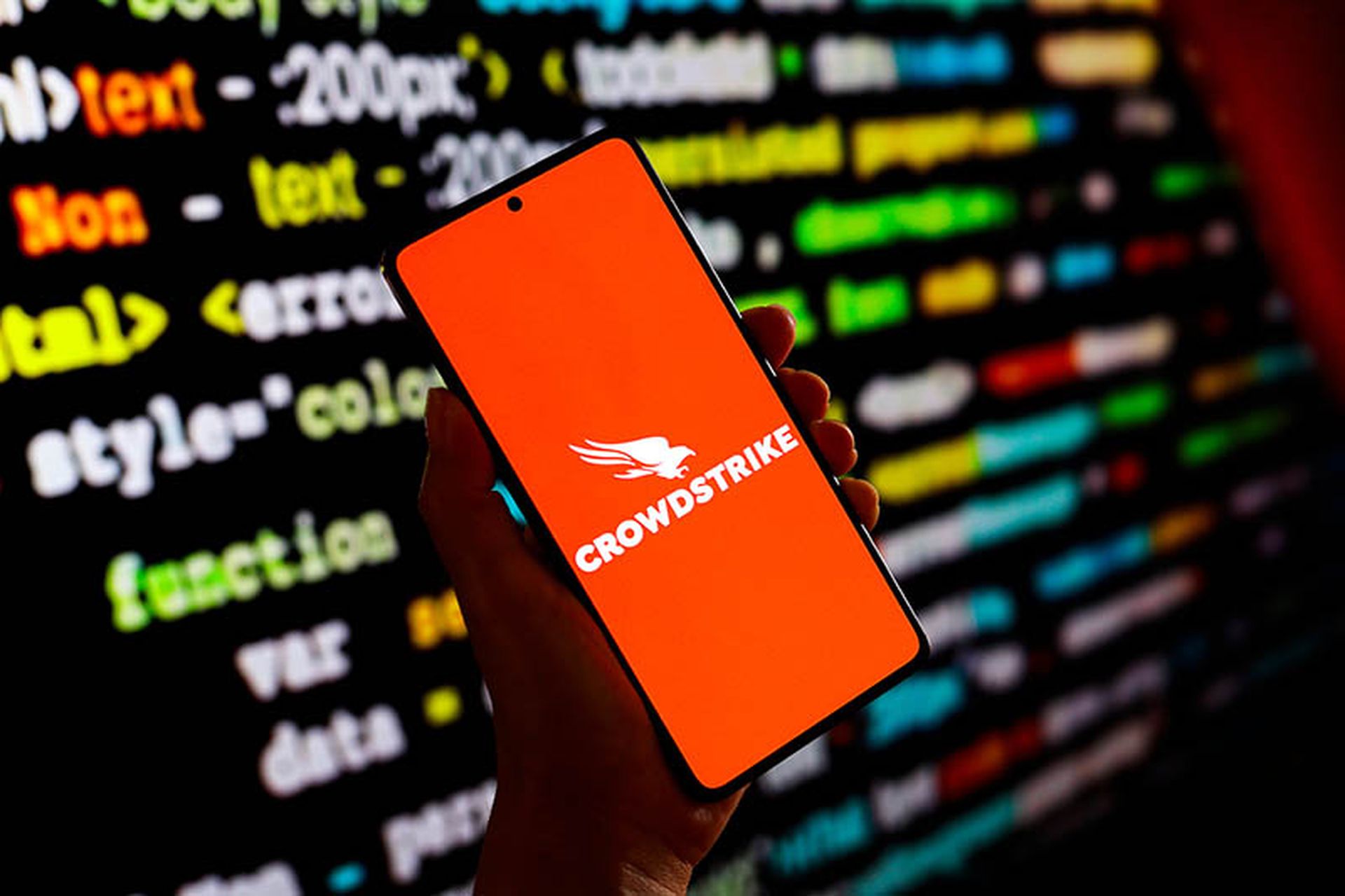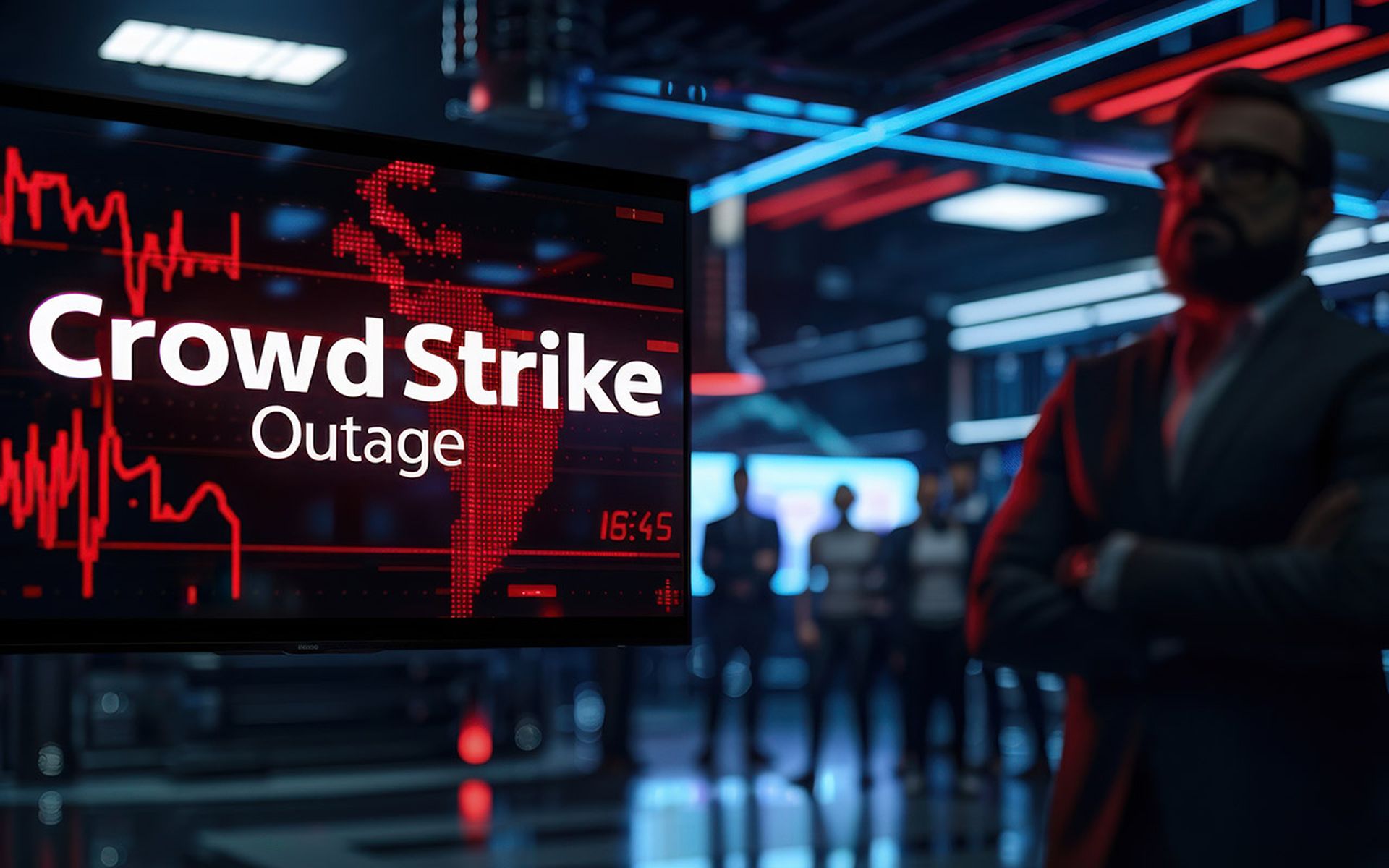In an effort to direct web traffic toward sites with legitimate content, Google launched a new policy this week that will punish copyright infringers with less-than-desired search rankings.
The policy dictates that websites with a high number of valid copyright-removal notices will be pushed down on Google's search results, Amit Singhal, Google's senior vice president of engineering, said in a blog post on the policy Friday.
“This ranking change should help users find legitimate, quality sources of content more easily,” Singhal wrote.
Music, television shows and other media downloaded or streamed by online users are a prime example of popular content that would be vetted through Google's updated ranking policy.
Over the past month, Google has received and processed copyright-removal notices for more than 4.3 million URLs. Copyright infringement can now be added to the list of more than 200 signals that determine Google's search algorithms for ranking websites.
“Since we re-booted our copyright removals over two years ago, we've been given much more data by copyright owners about infringing content online,” Singhal wrote in the post.
While visibility in Google searches will be impacted by the policy, the company won't remove web pages from its search results unless a removal notice comes directly from the copyright owner.
Google maintains that it is the job of the courts to determine who is innocent or guilty of copyright law violations.
“Only copyright holders know if something is authorized, and only courts can decide if a copyright has been infringed,” Singhal wrote. “Google cannot determine whether a particular web page does or does not violate copyright law.”
Between July and December of last year, Google removed 97 percent of search results specified in copyright-removal requests.
According the copyright section of Google's "transparency report," the average processing time for their web form copyright-removal requests, as of May, was approximately 10 hours, though factors like "the method of delivery, language and completeness of the information submitted" can impact the length of time.
To request that Google reinstate removed links to content, webmasters can submit a counter-notification form to Google.



